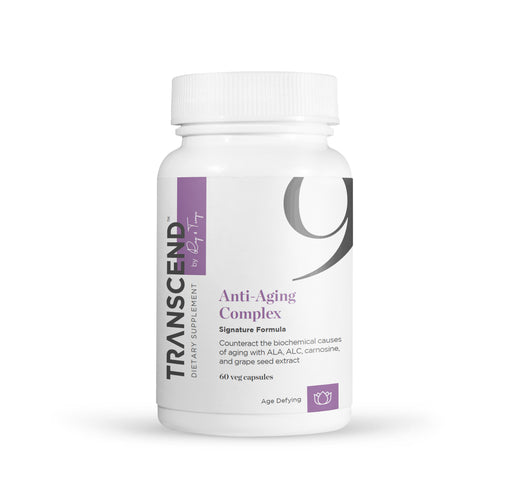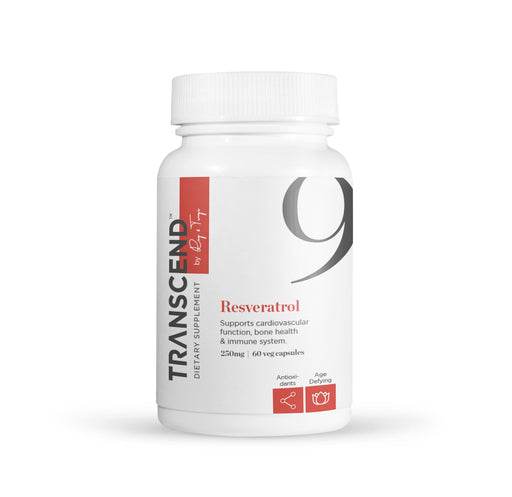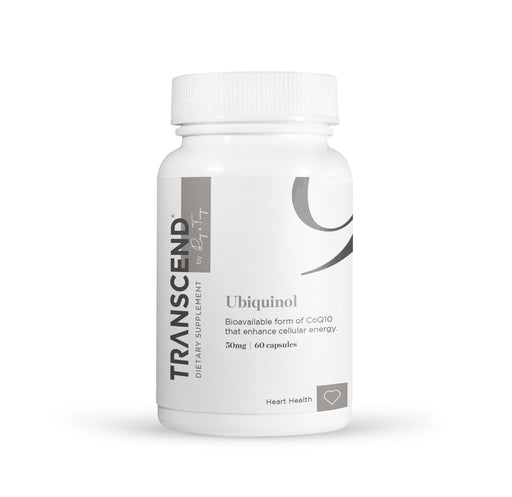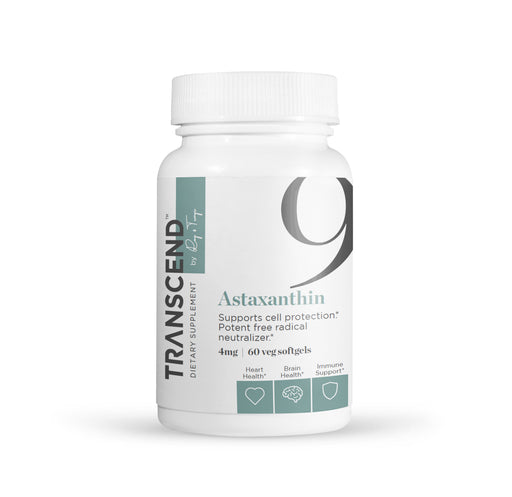
Anti-Aging Complex (ALA/ALC/Carnosine/GSE)
A Kurzweil + Grossman Formula Antioxidant and anti-aging protection Increase energy Fight aging Decrease wrinkles Cellular integrity Anti-Aging...
View full details
When was the last time someone complimented you on your skin?
The strain of daily life can take its toll on our skin, with less-than-ideal diets, sedentary lifestyles, and overly-complex skincare routines just a few of the challenges we face. Now, there's a new culprit to contend with while trying to keep our skin healthy.
As the COVID-19 pandemic continues, many have noticed changes in their skin due to daily mask-wearing. “Maskne” (or mask acne) has become one of the most-searched topics in the past few months. Masks are non-negotiable, of course, but we want to make sure that we continue to take care of our body's largest organ as well.
While we're doing our part to slow the transmission of the virus, we can also work to take care of ourselves.
First, it helps to understand what causes maskne. Like other acne, maskne can be caused by various sources, including an unclean mask, harsh detergents, the mask's material, and the frequency and duration you wear a particular mask.
While masks are designed to prevent the transmission of fluid droplets and germs, they can also trap those same fluids against our skin for an extended time. When moisture and bacteria can't dissipate, they stay in direct contact with your face, sometimes for hours at a time.
That's why it's essential to wash your mask after every wear and your hands before you touch your mask. You should also be sure to check your mask's material and the ingredients of the detergent you use to wash it: potential irritants can be hiding in either place.
Of course, stress can also cause acne, and we can't discount the very real effects that an ongoing global pandemic can have on our mental health.
First, make sure to have enough masks that you can always wear a clean one. Experts generally recommend 100% cotton masks—they're breathable and easily washed.
Next, make sure the skin you're covering is clean and moisturized. Wash your face before putting on a mask and after taking it off, and try to avoid wearing makeup underneath it whenever you can.
When it comes to skincare, right now, less is more. Don't over-exfoliate, especially with physical exfoliants, but you can use a chemical exfoliant a few times a week to clear up any problem areas. Look for a product containing a BHA (beta hydroxy acid) like salicylic acid.
If you're ready to go beyond topicals, it might be time to think about what you're putting into your body as well. Feed your skin with the essential nutrients it needs to stay strong, healthy, and clear.
Vitamin D
Just about half of the world's population fails to get enough vitamin D, which can help reduce skin redness and inflammation caused by acne. Try spending more time outside, consuming oily fish, or supplementing.
Vitamin C
Vitamin C supports your healthy immune system, but it also helps your body produce collagen, which your skin needs to stay healthy. You'll find plenty of vitamin C in citrus fruits and raw vegetables like broccoli, kale, or peppers, or try adding the vitamin to your supplement regime.
Zinc
Zinc is widely used in skincare, with anti-inflammatory properties that may help relieve redness and irritation caused by acne. Zinc supplements are known to work better for these concerns than topical skincare products, too. Look for bioavailable supplements like zinc orotate, zinc methionine, and zinc acetate.
While masks can help us protect the people around us from COVID-19, they aren't always great for our skin. Make sure you're making healthy choices for yourself and others this year.

A Kurzweil + Grossman Formula Antioxidant and anti-aging protection Increase energy Fight aging Decrease wrinkles Cellular integrity Anti-Aging...
View full details
Combat internal aging Protect cells from radiation damage Increase antioxidant capacity Take with lecithin for better absorption Optimal dose for...
View full details
2022 update: Future batches of this product will use a Ubiquinol product that is a greenish capsule rather than a red softgel Bioavailable form o...
View full details
Healthy Eyes, Brain and Nervous System Potent carotenoid antioxidant Promotes healthy anti-inflammatory response Formulated with Zanthin® for eye...
View full details
Leave a comment